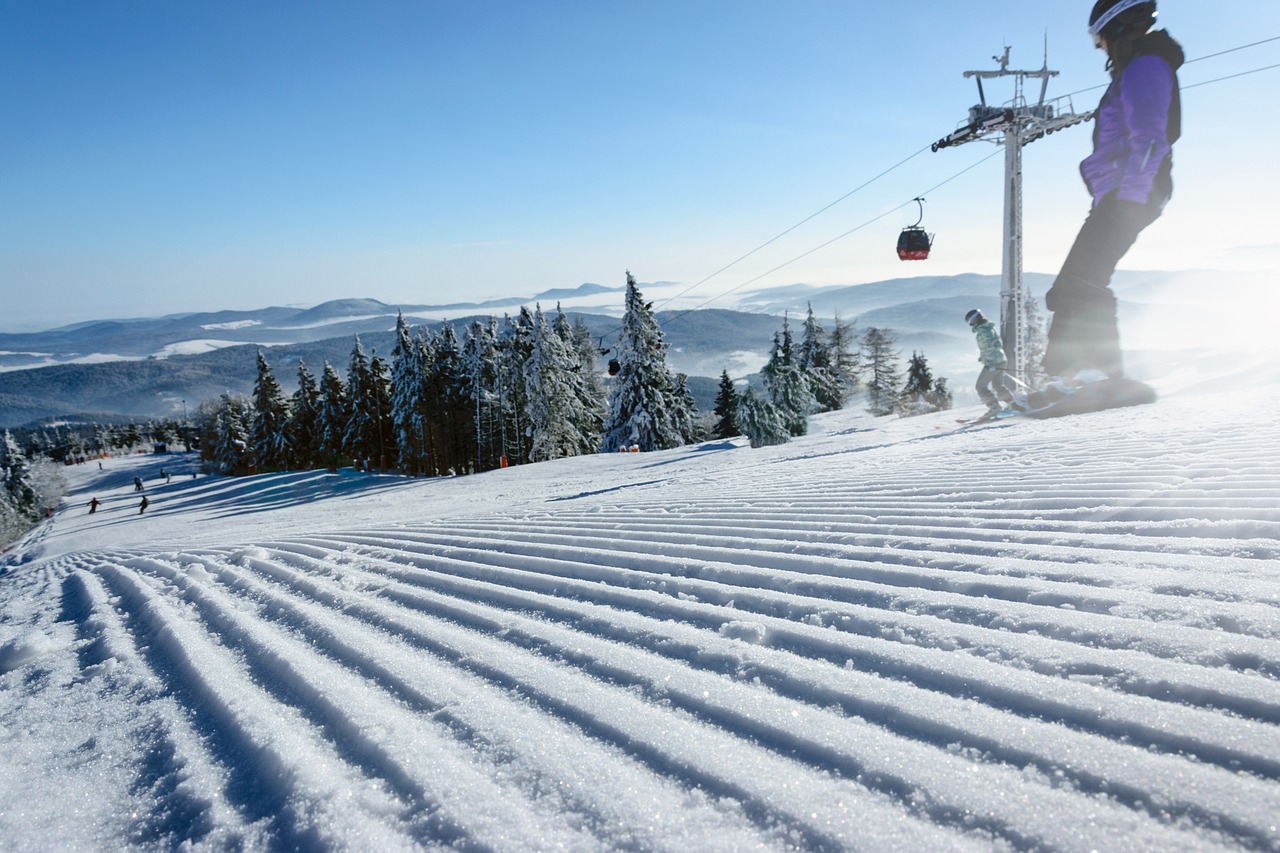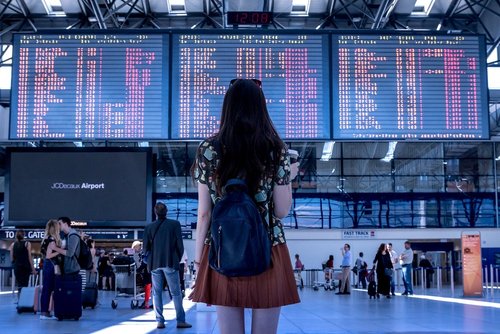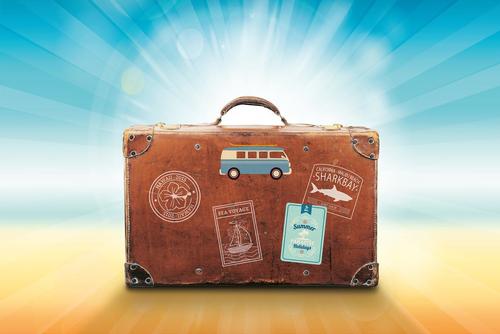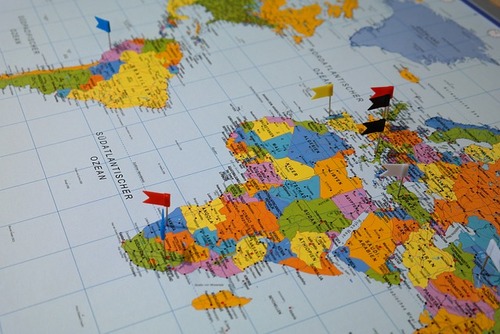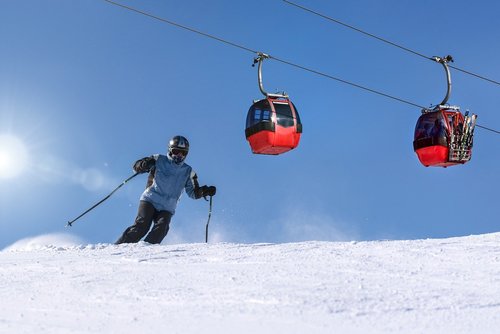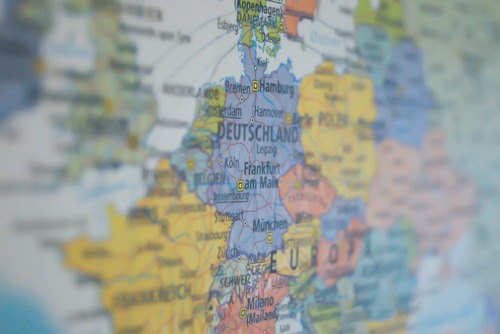Snow being synonymous with Christmas, the festive period is one of the busiest times of the year for ski chalets with families, couples and individuals travelling to ski resorts in Europe and destinations all over the world for that ‘fresh powder’.
There’s lots to think about before going away, especially if you are going skiing.
The gov.uk website has a handy checklist for you to use so that nothing is forgotten about. Foreign travel advice on gov.uk also has detailed information about the entry requirements and things to consider when visiting individual countries like local laws, health, and some top tips for buying travel insurance.
You can sign up to email alerts, so you are automatically informed if the travel advice changes and #Skisafe has some good advice about preparing for winter sports abroad.
Important Things to Consider Before Your Ski Holiday
This article will discuss some travel insurance considerations before booking your flight and hiring your skis this Christmas.
1. Long Queues and Delays
Travelling around Christmas and New Year can mean that there are longer queues than normal, and in some cases, trips can get cancelled.
December 30th is notoriously one of the busiest days of the year in airports worldwide and this can cause major disruption to flights. Some travel insurance policies will give you compensation if your trip is delayed beyond a certain number of hours, causing it to disrupt your holiday.
If you’re thinking of travelling at a busy time, it might be worth looking into this option. It’s worth noting that this is not a standard option on most basic travel insurance policies so it really is worth checking your policy and increasing your cover if you think you might be affected.
Another factor that can cause delays and cancellations is the weather. Especially on the way back to the UK, if it is snowing heavily or there is a snowstorm, flights may be affected. It’s important to prepare for this eventuality and that means checking your travel insurance. There will often be an option to select for trip cancellation cover on your travel insurance policy.
This is definitely worth doing if you’re travelling over the festive period as flights tend to be busier and the weather more turbulent. Just make sure to read the fine print of your policy to check that cancellation or delay due to bad weather entitles you to compensation.
Most airlines will not repay you for the cost of flights cancelled due to the weather as it is out of their control. So, to ensure you are not left out of pocket, get yourself a comprehensive travel insurance package.
2. Strike Action
Furthermore, there has been lots of strike action taken by transport workers in Europe over the last six months and this is likely to continue over the festive period.
Railway strikes in the UK are set to continue through December which could mean that your transport to the airport is disrupted. It’s important to check what this means for your insurance policy.
Most travel insurance policies won’t cover situations which are reasonably within your control. For example, taking a different mode of transport to the airport if there are train strikes. So, it’s a good idea to check the scheduled strike dates before booking your trip.
Despite the airports in the UK managing to avoid strike action, there have been walkouts by air traffic controllers across Europe, in France particularly, and there are more planned. This has caused many flights to be delayed and some even to be cancelled.
Again, it is important to check whether your travel insurance policy will cover any cost of a cancelled flight due to strike action as most airlines will not reimburse you if there is disruption for this reason.
In some cases, where the strike action was publicly known before you booked your trip and bought your travel insurance, your travel insurance policy will not cover you.
So again, it’s a good idea to research future strike dates before booking your trip.
3. Skiing Injuries
Skiing is one of the more dangerous sports that you can do. As such, many travel insurance policies do not list it as a covered activity.
Usually, you have to look for specific cover for skiing. It’s absolutely essential that your travel insurance policy covers skiing because the likelihood of injury tends to be quite high. And due to the fast-paced nature of the sport, often the injuries that occur can be quite severe.
Therefore, it’s really important to have a high level of medical insurance on your policy as well. Whether you are a novice, or an expert, collisions and accidents happen on the slopes all the time. It’s not just you out there in the mountains, there are usually hundreds of skiers out on the slopes at this time of year. So even if you are trying to be careful, you cannot control the actions of others.
If you are skiing in the EU or Switzerland you can use your GHIC if you get into an accident. This is not a replacement for travel insurance and won’t cover mountain rescue or being flown back to the UK, but it will enable you to receive emergency state-provided healthcare. If you haven’t yet ordered your GHIC then definitely do so before your ski trip.
If you’re new to skiing, it might be a good idea to take some lessons with a qualified instructor. For those that are more advanced, it’s important to be mindful that not everyone out there is as confident as you, so keep an eye out for struggling skiers and be respectful to everyone out there. And if you are considering skiing off-piste make sure you understand the risks and that your travel insurance covers you.
Everyone needs to make sure they wear a helmet on the slopes as many insurance policies require you to do so regardless of the local laws and regulations.
Skiing holidays can be a lot of fun and provide that adrenaline and exhilaration that many people adore, so make sure you do everything you can to avoid an accident. Make sure that you have a comprehensive travel insurance policy that allows you to ski with the knowledge that you’re covered if anything were to happen.
4. Après Ski
Après ski is an infamous part of skiing holidays. For many this outweighs the fun of the actual skiing. And while it is a fun way to spend your afternoons, you should be mindful of the potential consequences.
Insurance policies will generally not cover you for any accidents that happen after you have consumed excessive amounts of alcohol, so you may want to think twice about skiing home after après.
Even if you have medical insurance that covers your injuries, your insurance providers are unlikely to help you if your accident was caused by your being intoxicated as this would invalidate your insurance. By all means go to après and have a drink (or several), but it’s perhaps a good idea to have arrangements for getting home before you start drinking!
The same applies if you’re not partaking in après. Christmas and New Year are times of celebration and that is often accompanied with an alcoholic drink. December and January are also some of the coldest times of the year which can cause added danger.
Often roads and paths become slippery with ice and snow which can make your walk back from dinner a little treacherous. So, be careful out in the snow after a night of drinks and partying.
Importance of Travel Insurance for Your Ski Holiday
Skiing holidays are and always will be a popular Christmas activity, and so they should be!
Thousands of people enjoy the slopes problem free every year but check your travel insurance policy to make sure that you are covered for all eventualities.
For more in depth advice about travel insurance, entry requirements or just general enquiries, the gov.uk website is a really useful resource to use. Or search #TravelAwareSBA.

